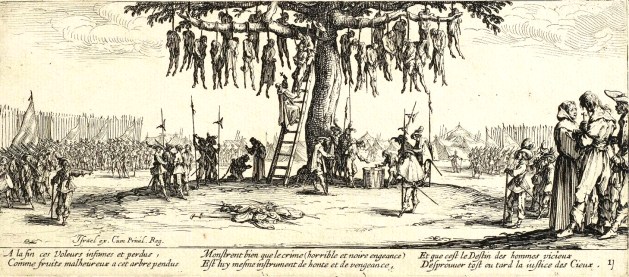No, British National Anthem Is Not Promoting Any Far-Right Ideology – OpEd
By Henry George
Back in October, a Student Union leader of King’s College London wrote a Facebook post, saying he thought the National Anthem should be banned because it promoted far-right ideology, white supremacy and xenophobia. He also said that nation states are a really bad idea.
First, why does this trivial issue occupy someone in a position like the vice president for welfare and community at the KCL SU? Surely this post requires a lot of time? Doesn’t he also have some studying to do?
Anyway, I disagree entirely with Mr Abdullahi’s premise and argument. As such, in response to his use of his right to free speech to criticise what he sees as an out-dated institution, I’ll use my right to free speech to rebut him.
His entire position seems to revolve around the fact that he finds the anthem racist and a remnant of the British Empire. It also apparently empowers far-right nationalists who glory in the old and timeworn idea of the nation state.
First of all, if Mr Abdullahi had actually looked into the history of the national anthem, he might find that it was written during the Jacobite rebellion in the 1740’s. If anything it is an anti-Scottish anthem more than anything else, as it was penned in reaction to Bonnie Prince Charlie storming south to retake the English throne for the Stuart dynasty.
Incidentally, if he wants to see examples of national anthems with less than savoury lyrics maybe he should look at the Chinese, the Mexican, the Algerian, the Turkish and the Vietnamese national anthems. These have some blood curdling lyrics that make Britain’s look meek in comparison.
The second issue with Mr Abdullahi’s misguided comments concern his “f*** the nation state” statement. By this comment, I guess Mr Abdullahi is against all forms of national sovereignty and identity. In other words, he seems to want to live in the world of John Lennon where there are no countries and we are all just one big happyfamily.
I’ve got bad news for him: the nation state is arguably the single biggest protection against external and inter-tribal violence in the history of humanity.
Mr Abdullahi seems to have read some Jean-Jacques Rousseau and apparently believes that the idea of the state corrupts everything it touches and turns us all into slavering nationalists who can’t wait to conquer everything in sight.
Well, the opposite is actually true. I side more with Thomas Hobbes and believe that if it were not for the stability, law and order that the nation state provides, our fundamentally flawed human natures would lead to our lives being “nasty, brutish and short” if we were left to live in a “state of nature”.
The statistics bear this reality out. Spanish scientists found that among primates, 2% of deaths are murders. They then found the same murder rate from human archaeological records up to 10,000 years ago, when it rose slightly with greater contact between groups of humans. Steven Pinker, for example, says that if we extrapolated the death toll from inter-tribal violence among First Nation peoples in North America to WW2, the death toll would have been two billion.
Post-medieval era however, the murder rate among humans has fallen to 1.3%. To further hammer the point home that the nation state is instrumental in driving the murder rate down, in countries where peace and the rule of law prevail (something often only found in nation states) the murder rate is under 0.02%.
The message is simple. In the medieval era people were roving across Europe in feudal war-bands killing each other. This is why there are so many images like the one below from the time, because people were sick of having their lives destroyed by lawless gangs of armed men. With the advent of the nation state after the Treaty of Westphalia in 1648, violence dropped, allowing for the progress of the Enlightenment and the Industrial Revolution.

In other words, no state = death and destruction (on the whole), state = peace and prosperity which leads to the full flowering of the individual as a sacrosanct being with inherent value. Where are the most violent places in the world today? On the whole, they are where the structure and the idea of the nation state have broken down or were non-existent.
The national anthem, in celebrating the virtues of the nation state, is emblematic of a tradition that has steadily reduced violence. The tearing down of borders increases violence.
I’m a disabled student, and I would argue say that the only reason I’m alive and well today, with the opportunity to attempt to reach towards my potential as an individual is because of the stability that the nation state provides, which in turn allowed the development of the science that keeps me alive.
If it weren’t for the nation state, I’d be dead.
About the author:
*Henry George studied for a History BA at Royal Holloway, University of London. He then studied for a War Studies MA at King’s College London, focusing on ISIS inspired terrorism and Fourth Generation Warfare for his dissertation. He also blogs here, focusing on issues surrounding identity politics, political philosophy, free speech and cultural issues broadly linked to the West’s decline. He can be reached on Twitter at @intothefuture45.
Source:
This article was published by Bombs And Dollars

